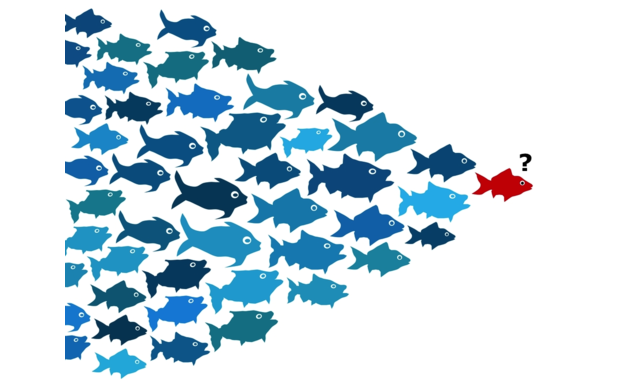Posted on 20th March 2015 by Paul Wright
What is leadership?

“What is leadership?” is a question we get asked a surprising number of times. Being a leader is daunting, expectations are high and so naturally you want to know what is expected of you.
The Main Responsibilities of Leadership
At Wright Solutions, we begin all of our coaching and development programmes by first establishing what the desired outcomes are, because if you do not know what your goals are, you cannot possibly know how to go about achieving them. In the same way, if we are to answer the question “what is leadership?” we need to first to understand what outcomes we want our leadership to achieve. Ultimately as a leader you have two core responsibilities:
- to deliver the business results required of you and your team
- to facilitate the development and growth of your people to enable them to realise their potential
These two are inter-connected - success in one will heighten success in the other and vice versa, but success in either requires effective leadership, so here are the 5 aspects of leadership I feel are most critical and, in the coming weeks, I will take each of these in turn and explore it in more detail.
Empowerment – Rather than dictating or even delegating, it’s about arming people with the skills, tools and knowledge they need to get the job done. Then providing the framework in which they must operate, but within which they are empowered to think and act as they see fit to achieve the desired outcome.
Coaching – Enabling the growth and development of your people is best achieved through coaching. Coaching provides the platform which enables you to help individuals identify their strengths and weaknesses and encourage self-development, all without causing either resentment or damaging self-confidence.
Accountability – Creating an environment in which everybody (including the leader) must take responsibility for their actions. This must include taking responsibility for failure/mistakes, but also being able to expect praise and recognition for successes. The leader must provide regular feedback and lead by example.
Emotional Intelligence – Leaders must be able to understand and interpret other people’s actions and be aware of their own actions and behaviours and the impact these have on others. Being able to empathise, to put yourself in someone else’s shoes, enables you to adjust your own responses accordingly to achieve more effective outcomes. Emotionally Intelligent leaders benefit from trust-based relationships with their people.
Inspire and ‘lead’ the vision – This is the ability to provide absolute clarity and context over the goals and direction of the team, but also the ability to excite and engage people, so that they want to work with you to help achieve those goals.
In conclusion
It is no surprise that people are unclear as to “what is leadership?” the cultural definition of leadership has changed dramatically, even over just the past 20 years. Leaving many ‘traditional’ leaders struggling to adapt. Long gone are the ivory towers, from which yesterday’s leaders delegated and dictated. Now leaders must empower their people and support and encourage them to grow, develop and realise their potential. The definition of leadership will continue to develop and adapt to the culture it exists within as we learn more about leadership styles and attributes and how they impact performance.
Want to heighten your leadership skills?


